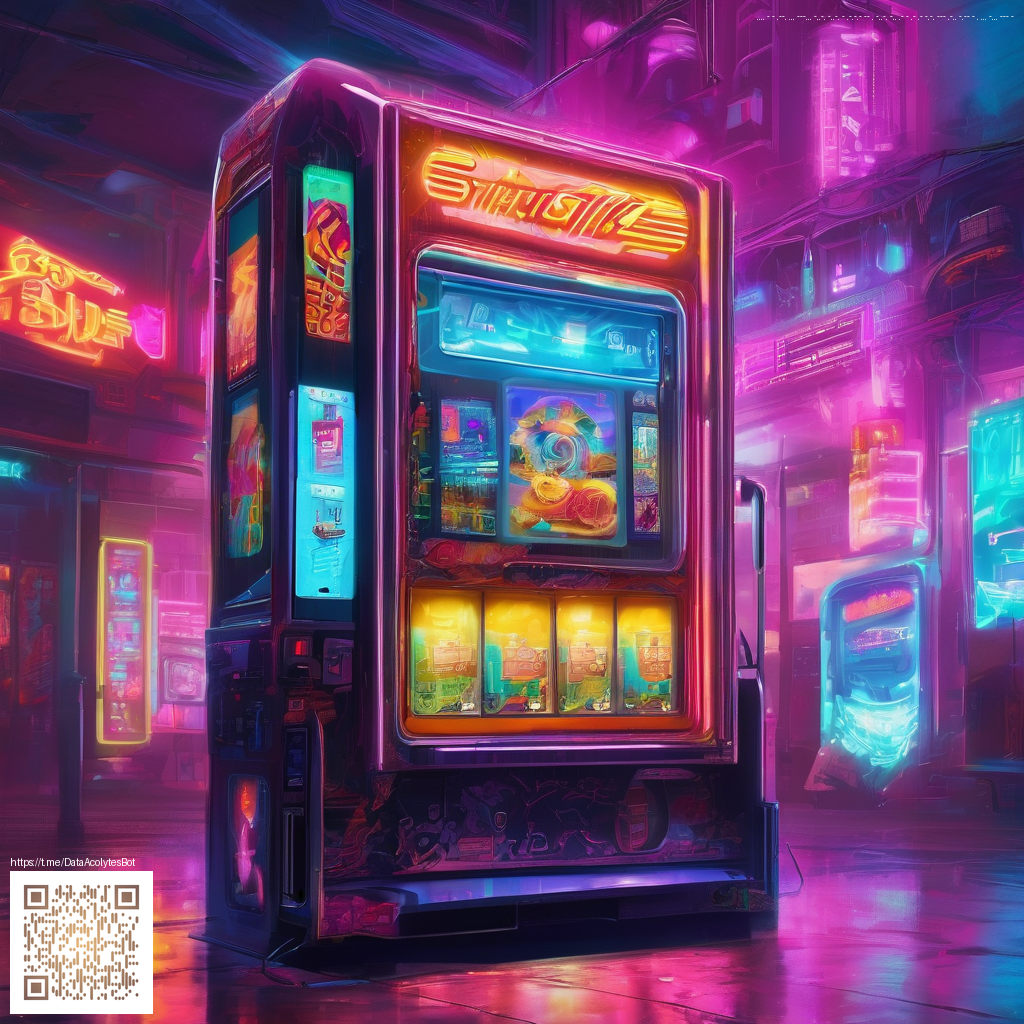
Unraveling Booker's Hidden Past in Bioshock Infinite
In Bioshock Infinite the thread of a character life runs deeper than the surface story. Booker DeWitt arrives in Columbia with a debt laden past and a mission that feels straightforward yet lashes out in unexpected directions. The game gradually reveals a backstory built on guilt, choices, and a multiverse that refuses to stay linear. As players, we piece together clues from environmental storytelling, dialogue, and the choices we make in the heat of combat. The result is a character study that rewards careful observation as much as precise gunplay.
Central to Booker's mystery is the way his past shadowed his present. He is portrayed as a hardened, haunted man who seeks redemption on a dangerous stage. The narrative does not hand you a clean origin story; it offers fragments. A debt here, a decision there, a whispered line about lost families. When these shards come together, they illuminate not just who Booker is but why he keeps clinging to a mission that may not be his alone. The experience invites players to reassess every action as a possible ripple in a much larger story.
From a gameplay perspective the backstory threads influence you on multiple levels. The combat design blends vigors and conventional firearms with traversal on sky lines and environmental puzzles. Booker's moral complexity colors your choices in dialogue and during encounters with key characters. Moments of calm and peril alternate rapidly, encouraging a rhythm that mirrors the tension of a man trying to outrun a past that seems to catch up with him no matter where he hides. In short, narrative weight drives tactical decisions as much as weapon choice does.
Community conversations around the character often circle the same philosophical questions. Is Booker the same man as Comstock, the founder of Columbia, or are they two versions of a conscience shaped by different choices? The Luteces, time bending twins, tease the possibility that identity is not a single fixed thing but a series of paths that diverge and reconnect. Those fans who dwell on the lore tend to see Booker's fate as inseparable from Elizabeths fate, a bond that pushes both toward a future that may be as inevitable as it is uncertain. This tension between determinism and free will is one of the game strongest draws for many players.
The designer’s lens adds another layer to the conversation. Developers at Irrational Games crafted Booker's backstory with care to ensure it resonated with the action heavy gameplay. The writing aligns with the era skeleton of the world yet breathes through it with a modern sense of moral ambiguity. The result is a layered portrayal that can be interpreted in several ways, depending on which scenes you emphasize and which clues you decide to trust. It is a rare example of narrative architecture that remains legible regardless of how deeply you dive into theory crafting.
Block by block the past reveals itself and fans have built a robust discourse around whether Booker's choices imply guilt or resilience. The multiverse framework turns his personal history into a playground for speculative theory, and that is part of the lasting appeal. You do not simply observe a backstory you become a participant in how that backstory unfolds across timelines. The sense of agency you feel while exploring is inseparable from the questions about fate and responsibility the story raises.
On the topic of updates and accessibility, the game and its later collections improved visual fidelity and performance on modern systems. The enhanced editions and remasters refine textures, lighting, and anti aliasing, letting the emotional moments and environmental storytelling pop with greater clarity. For players revisiting the title on newer hardware, these updates do not erase the enigma of Booker's past; they sharpen the lens through which you interpret it, making the twists land with renewed impact and clarity. That blend of improved presentation and stubborn mystery keeps the discourse alive years after release 🎮.
Fans who love to tinker outside the base game find that the backstory also motivates mod and content exploration. While Bioshock Infinite is not as mod heavy as some of its peers, the PC community has experimented with texture packs, shader tweaks, and field of view refinements that enhance immersion without altering core story beats. These efforts reflect a broader culture of experimentation where players honor the emotional core of a complex character while pushing the limits of what the game can visually offer. It is a reminder that character driven games often encourage creative interactions beyond the original script 🕹️.
As we look at the broader context, it is worth noting how this narrative sits within the genre at large. The game uses a compelling blend of period drama and science fiction to probe tough questions about guilt, redemption, and the consequences of our actions. Booker's hidden past is not just a mystery to solve; it is a prompt to reflect on the way our choices echo through time. The way the story integrates with gameplay keeps players engaged in both the mechanical and existential challenges the game sets forth, creating a cohesive experience that remains entertaining and thought provoking.
For readers curious to explore related discussions and perspectives, the following network links offer diverse takes on game design, open world mechanics, and the intersection of storytelling and gameplay. Each piece expands on ideas about depth, accessibility, and innovation in modern gaming culture.
Neon Gaming Mouse Pad 9x7 Neoprene stitched edges